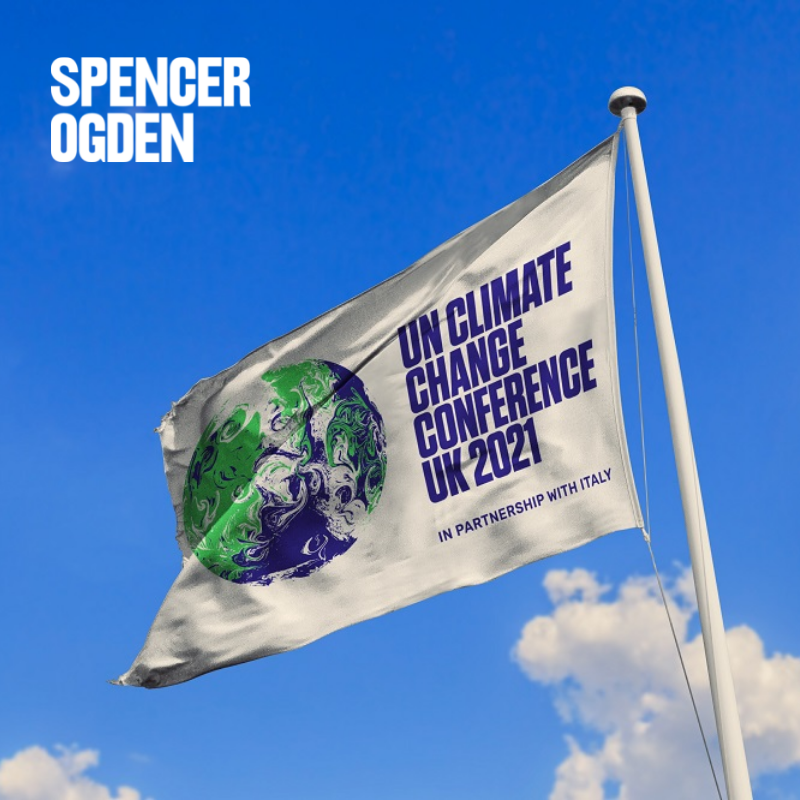
More than 100 world leaders are expected to travel to Glasgow for the COP26 climate summit taking place from 31 October – 12 November 2021. It is seen as a critical opportunity to work together to put a stop to the damage being done to the planet. As hosts, the UK is working with every nation to encourage more ambitious commitments in order to achieve net-zero carbon emissions by 2050.
Earlier this year world leaders at the G7 summit agreed that they would aim for a maximum rise of 1.5 degrees Celsius, phase out coal power in homes and put a stop to coal funding in the developing world. They also agreed to move forward with their commitment to jointly pledge $100bn per year until 2025 to assist developing countries with the challenges of climate change and decarbonisation.
Whilst this sounds promising, the question remains if they’ll be able to deliver. As it stands there is a lack of clarity around how the world will carry out these promises when faced with technical and financial challenges, particularly given that the pandemic has hit even the richest of countries. Further, current geopolitical tensions between the worlds biggest polluting nations add another challenge to agreeing and enacting these joint commitments.
Countries will need to act fast if they are to limit global warming to "well below 2 degrees Celsius" by 2100 as laid out in the Paris agreement. To achieve this goal countries agreed to emission reduction targets, also known as their nationally determined contribution (NDC), which they are asked to update every five years. However, the Climate Action Tracker shows that almost half of nations are yet to update the NDCs and targets that were originally set for 2030. Since the Paris agreement was established at COP21 in December 2015, more scientific research has gone into climate change. Current goals won’t be sufficient in keeping global warming under control. In fact, a report published by the UN has suggested that instead of decreasing, average global emissions would increase by 16% by 2023, leading to a temperature rise of about 2.7C.
Whilst progress has been slower than many had hoped, there is still hope for breakthroughs. Nations are expected to finalise the Paris Rulebook at COP26, which will detail the guidelines needed to achieve net-zero by 2050. The Pre-COP event, taking place in Italy at the end of this month, will give world leaders an opportunity to ensure that they are aligned in their goals. Aside from this, there are also commitments to plant trees, work with farmers to increase to reduce environmental decline and to increase the number of ‘green jobs’ to two million over the next 10 years.
Topics covered
Keep reading...
All blogs-
SO Careers
SO Careers - Meet Recruitment Consultant, John Bougias
-
Insight reports
The Importance of ED&I in the Renewables Industry
-
Industry insights
Cultivating the Next Generation of Energy Leaders: A Focus on Youth and Innovation
-
SO announcements
Spencer Ogden is proud to announce that two of their female employees have been named SIA Global ...
-
SO announcements
Spencer Ogden x ECU Sponsorship





